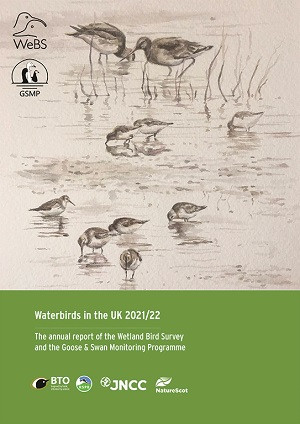
Waterbirds in the UK 2021/22: The Wetland Bird Survey and Goose & Swan Monitoring Programme
Latest Publications
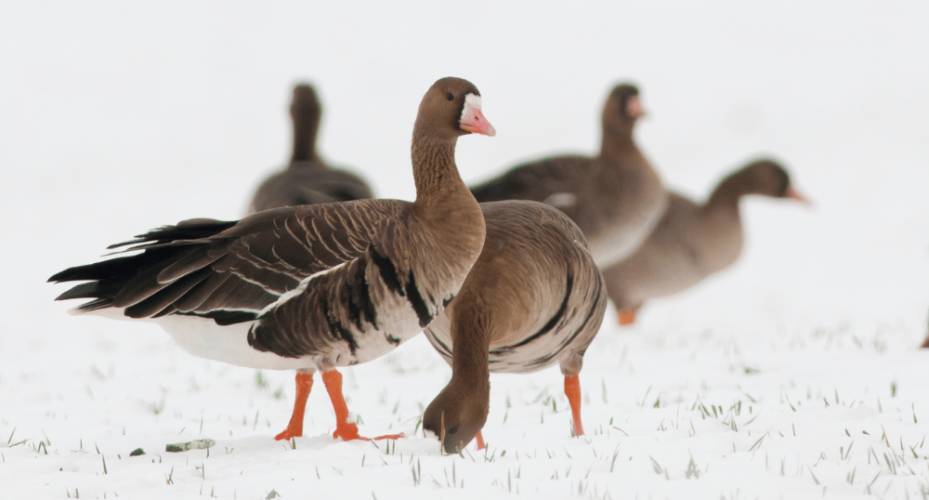
Waterbirds in the UK 2022/23
Read the latest results of the annual Wetland Bird Survey Report and the Goose and Swan Monitoring Programme surveys.
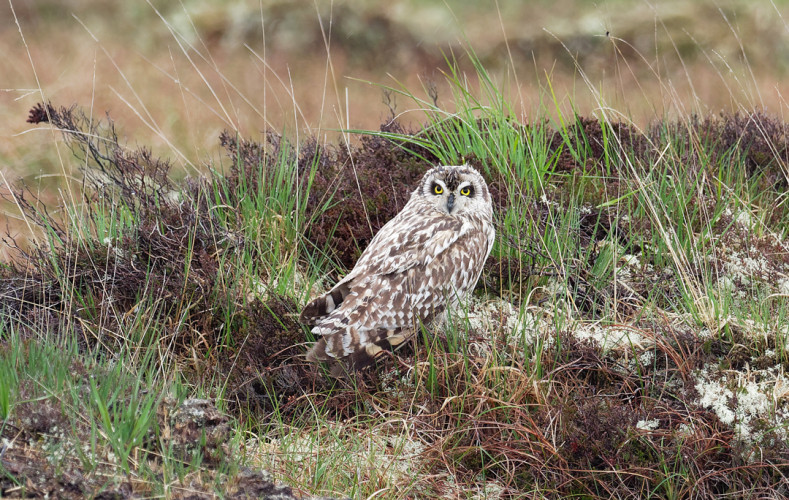
Use of dwarf shrubland–grassland mosaics by a nomadic predatory bird, the Short-eared Owl Asio flammeus
Identifying habitat needs for Short-eared Owls
A substantial proportion of Britain’s Short-eared Owl population breeds on managed moorland, where these avian predators specialise on small mammal prey.
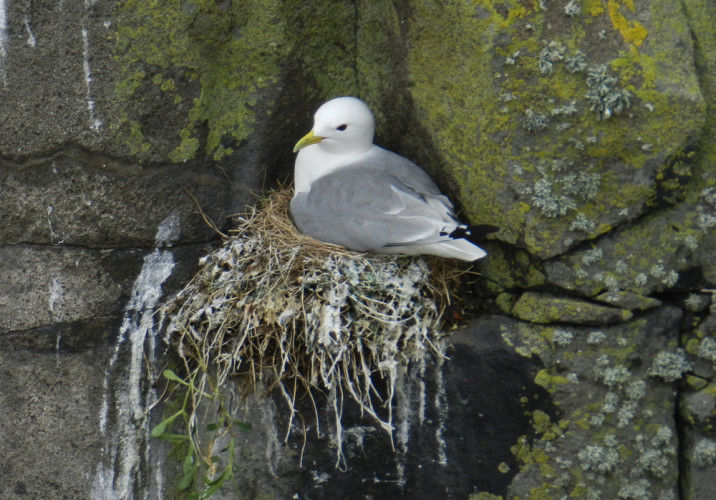
Seabird population and demographic monitoring in the UK: a review and recommendations for future sampling
Review of the Seabird Monitoring Programme highlights new opportunities
Current annual trend information delivered by the Seabird Monitoring Programme (SMP) is imprecise, absent, or geographically limited for several UK breeding seabird species.

The benefits of protected areas for bird population trends may depend on their condition
With an estimated one million species currently threatened with extinction, it is imperative to stem biodiversity loss.
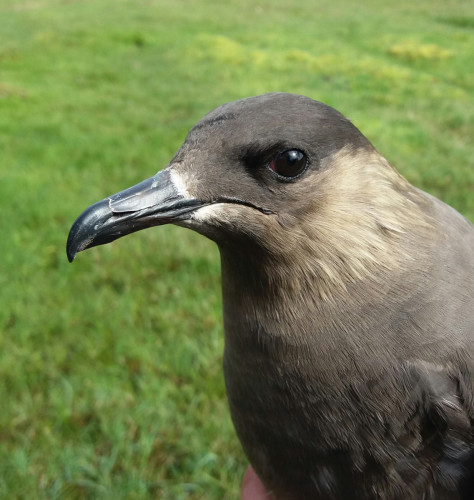
Synchronous timing of return to breeding sites in a long-distance migratory seabird with ocean-scale variation in migration schedules
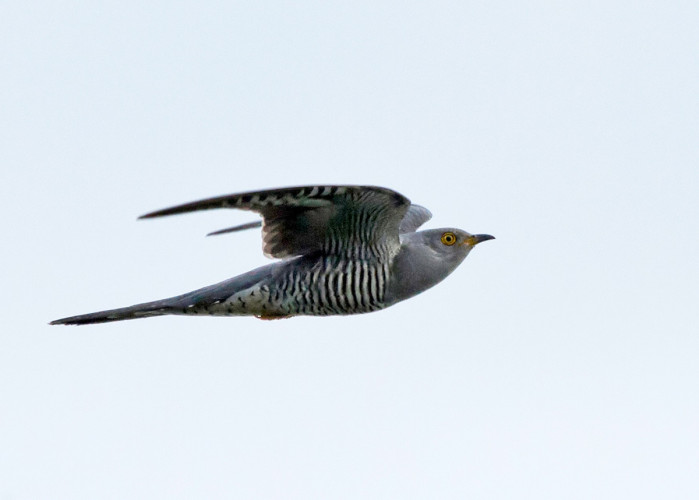
Fidelity and distance to previously visited sites throughout the annual cycle in a trans-Saharan migrant, the Common Cuckoo
Research in collaboration with BTO scientists has used data from satellite-tracked adult male Cuckoos to show that although all birds returned to the same breeding grounds in consecutive years, the

Modelling population-level impacts of wind farm collision risk on Welsh Red Kites
Red Kites and onshore wind in Wales
The Welsh Red Kite population is currently in ongoing recovery after a historic decline driven by persecution, and a consequent population bottleneck during the first half of the 20th century.
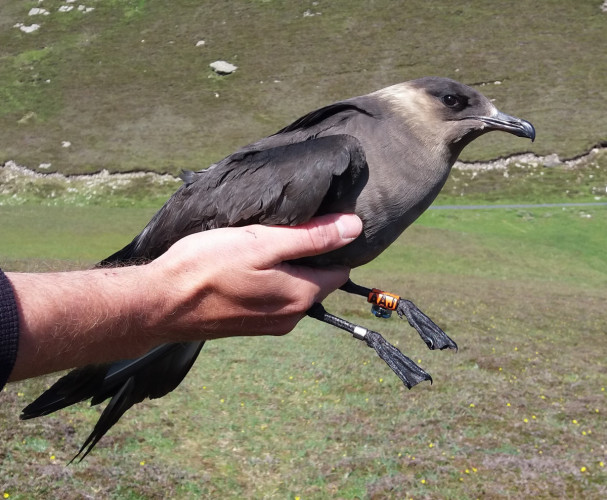
Cross population comparison of complex migration strategies in a declining oceanic seabird
Arctic Skuas are long-distance migrant seabirds that have seen large declines in breeding numbers across areas of the nor
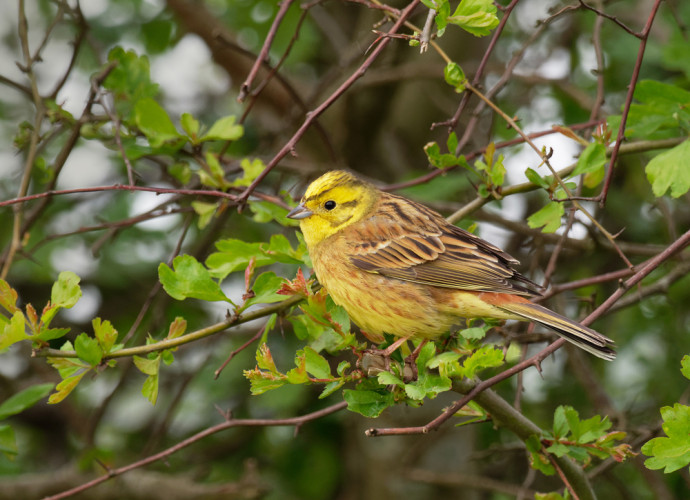
Breeding periods of hedgerow-nesting birds in England
Breeding periods of hedgerow-nesting birds in England
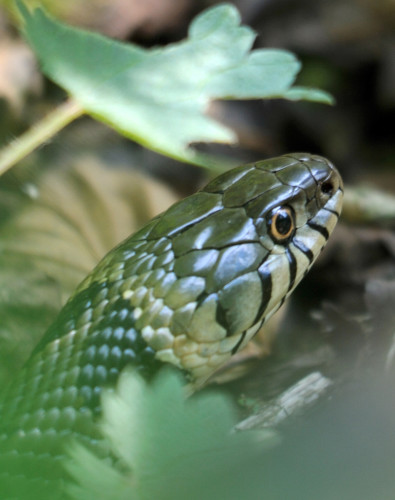
Characterisation, prevalence and severity of skin lesions caused by ophidiomycosis in a population of wild snakes
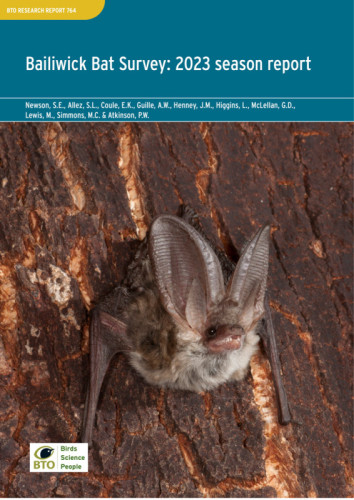
Bailiwick Bat Survey: 2023 season report
Bailiwick bat survey report findings
The Bailiwick Bat Survey capitalises on the interest and enthusiasm of volunteers to participate in biodiversity monitoring to systematically collect bat distribution and activity data across Guern
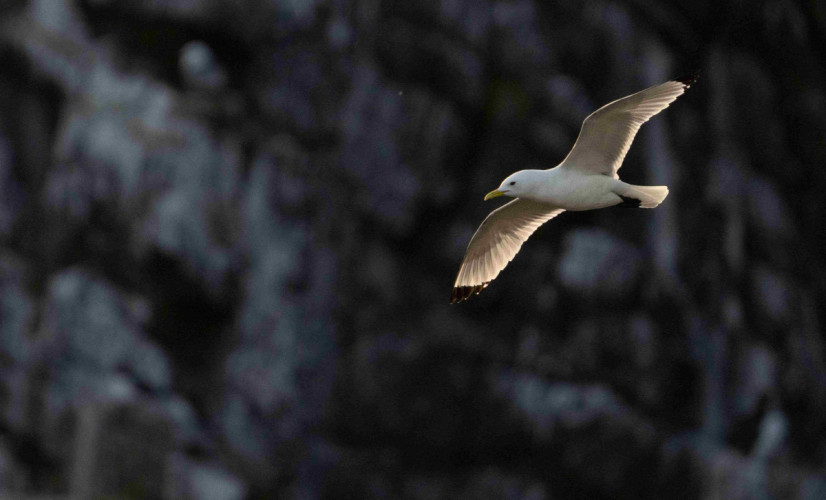
Challenges in quantifying the responses of Black-legged Kittiwake to habitat variables and local stressors due to individual variation
During the 2021 breeding season, BTO scientists tracked 20 Kittiwakes, fitted with small GPS devices, from Whinnyfold – par

Species- or habitat- based assessments of vulnerability to climate change? Informing climate change adaptation in special protection areas for birds in England
In this paper, two approaches commonly adopted by Natural England for climate change vulnerability assessments were used to assess the vulnerability to climate change of Special Protection Areas (S
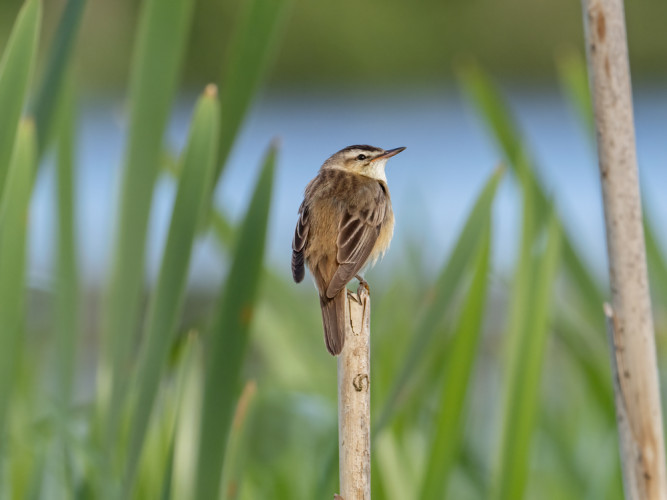
Understanding population change: the value of the EuroCES constant-effort ringing programme
Insights on bird populations from across Europe
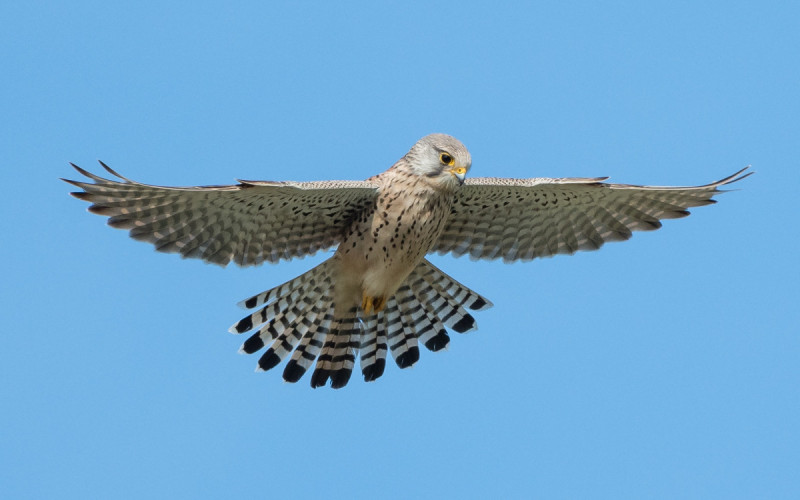
Anthropogenic climate and land-use change drive short-and long-term biodiversity shifts across taxa
This collaborative research involving BTO attempted to start understanding how habitat change and climate change interact.
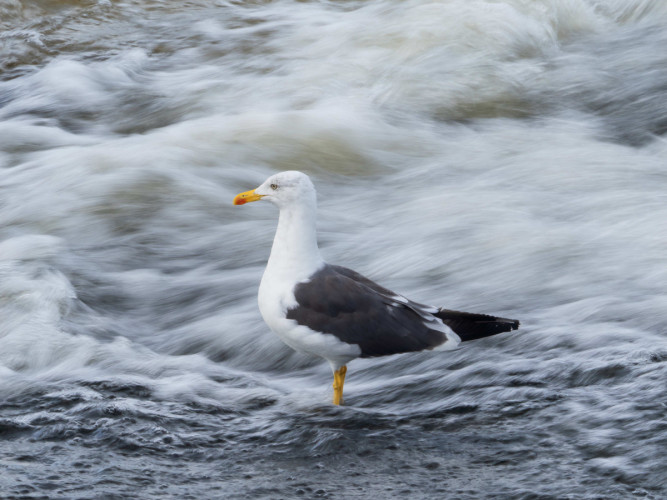
Leakage of plastics and other debris from landfills to a highly protected lake by wintering gulls
The study, led by the Institut de Ciències del Mar and Estación Biológica de Doñana, CSIC, Spain, used diet samples collected in January 2022 at the Fuente de Piedra – an inland lake in Spain that
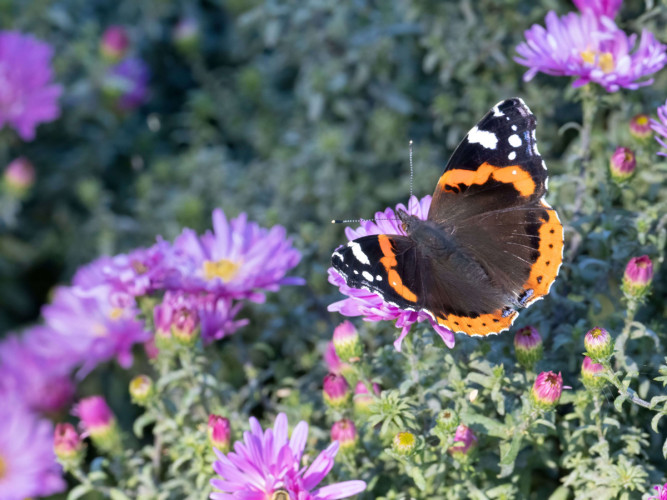
Using butterfly survey data to model habitat associations in urban developments
This study used data from 160 urban sites in England, collected by volunteers taking part in the Wider Countryside Butterfly Survey, in which BTO is a partner.
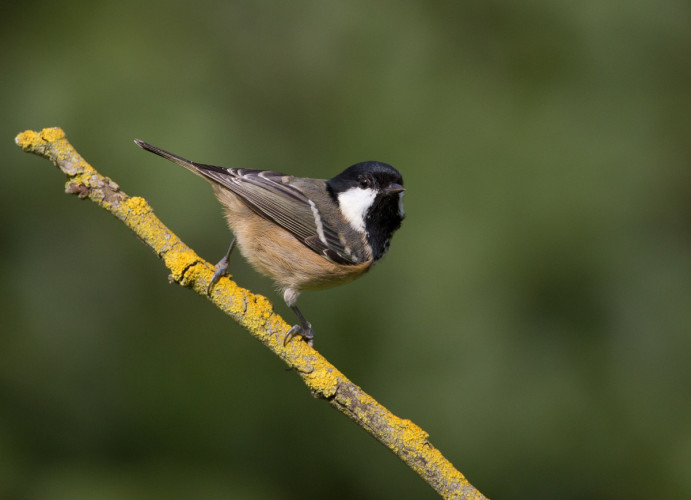
Avian responses to climate extremes: insights into abundance curves and species sensitivity using the UK Breeding Bird Survey
Climate change is one of the major threats to species conservation. Biological responses to climate change include shifts in species distribution, behavioural and physiological changes.
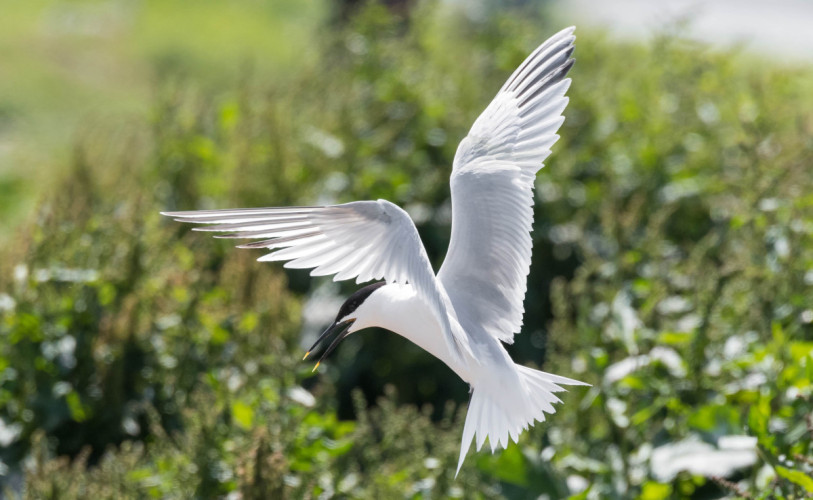
Behavioural responses of Sandwich terns following the construction of offshore wind farms
Between 2016 and 2019, BTO scientists fitted Sandwich Terns breeding at Scolt Head Island in Norfolk with long-life GPS tags which tracked the birds’ movements over multiple years.

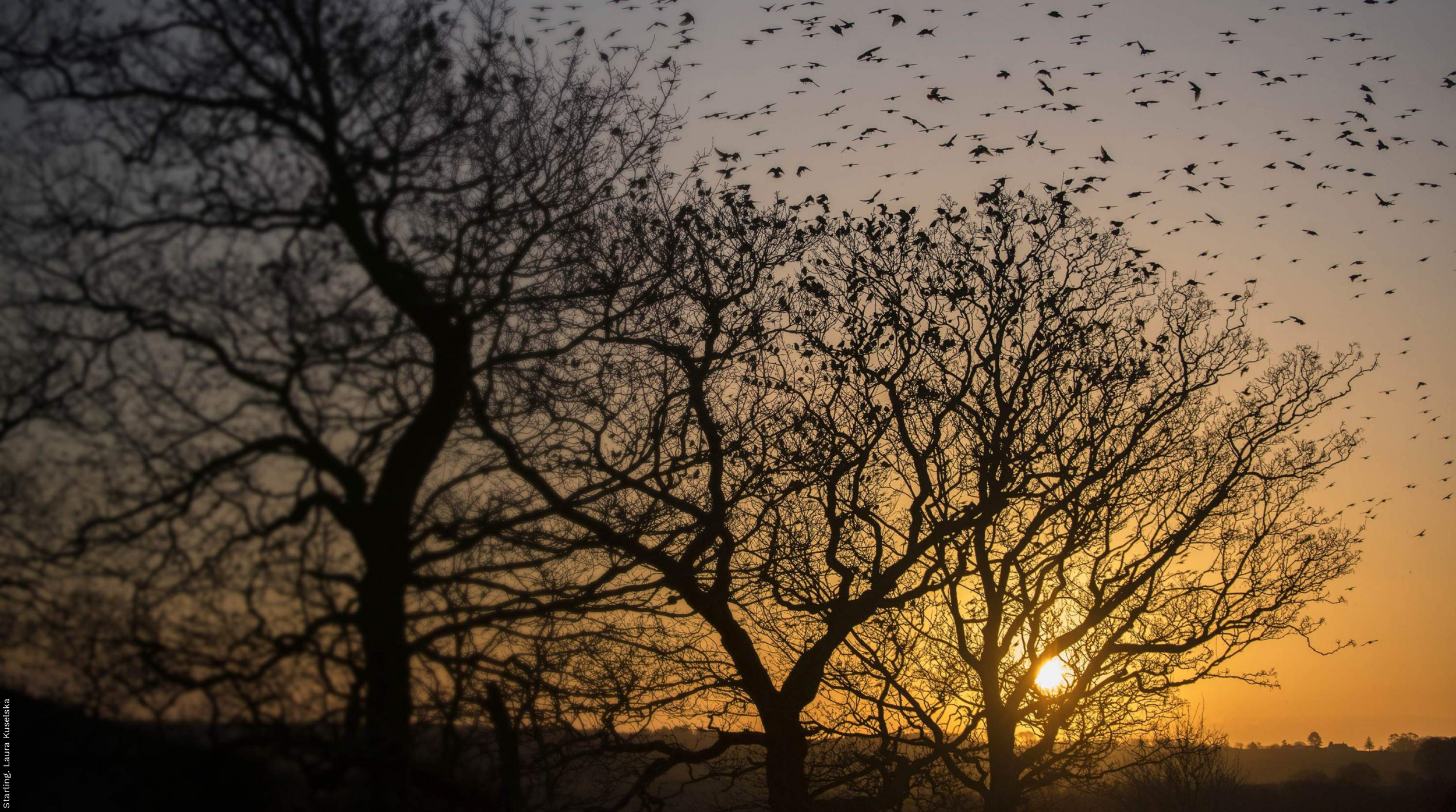
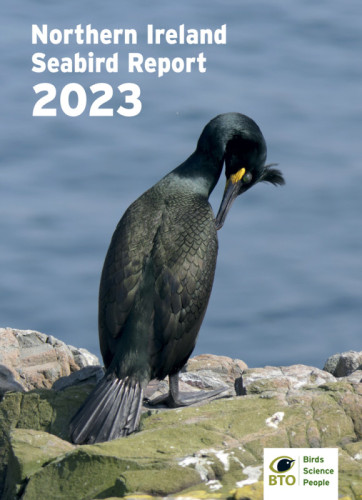
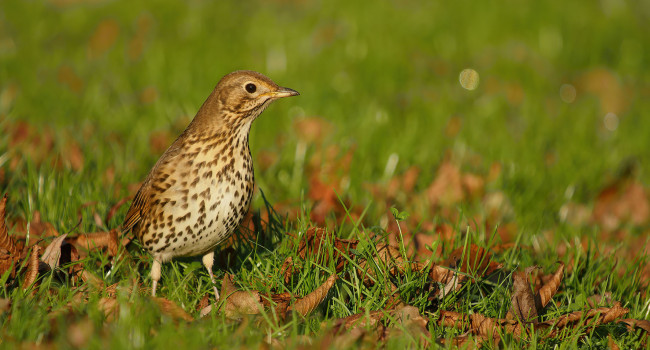
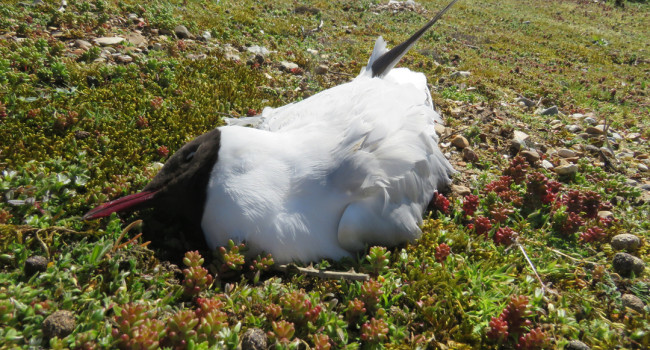
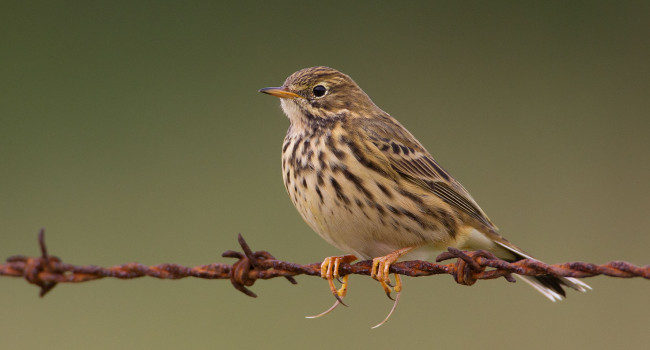

Share this page